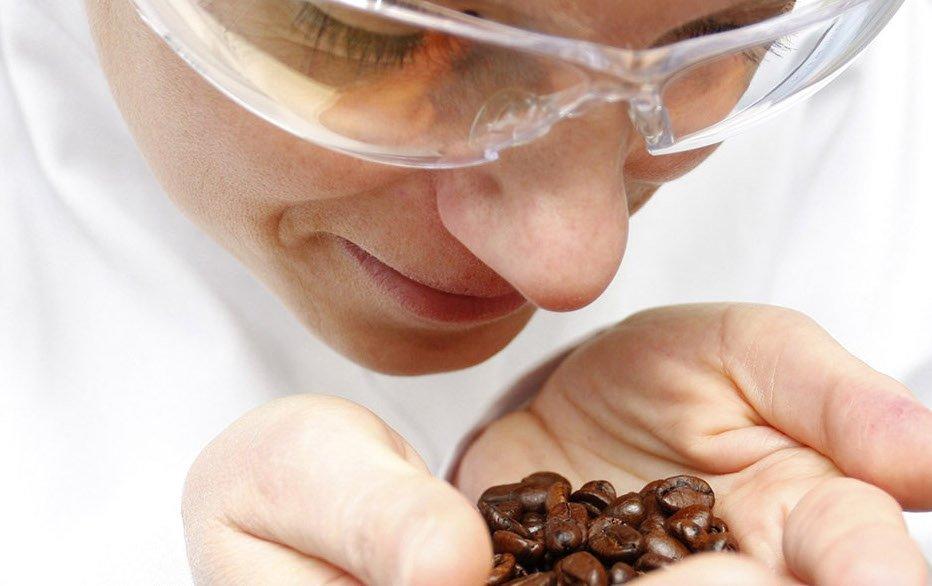Aroma profile analysis – possible applications and informative value of a proven sensory procedure

Breaking News:
Kathmandu Nepal
Dienstag, Apr 16, 2024

The procedure does not require any instrumental equipment – thus enabling a quick first sensory impression of a product – but years of experience and sensory training which affect the outcome. A trained sensory panel evaluates fixed aroma descriptors on a scale from 0 (not perceivable) to 3 (strongly perceivable). The results are subsequently displayed in a spider web diagram as explained below.
Comparisons of two or more samples can be of interest in the context of storage studies (aged versus fresh sample), but also in connection with the influence of different raw materials or production conditions. Some customers do not have a specific problem such as aging during storage or off-flavour, they are simply interested in the overall description of the flavour of their product and the dominating odour notes. The results of such a “general” flavour assessment by aromaLABs sensory experts may be used as a guideline for future in-house product control, for example.
Most frequently, however, aroma profile analysis is requested from aromaLAB in connection with a suspected off-flavour. A trained panelist who, based on years of experience, knows which compounds are responsible for certain odour notes, can not only detect the mere presence of an off-flavour. In many cases, the sensory panel can also provide information about individual compounds or compound classes which might be the cause of a specific unpleasant note.
For example, cocoa products such as cocoa beans, cocoa powder or chocolate can exhibit a mouldy, musty off-flavour. This is often caused by geosmin, a bicyclic alcohol with a distinct mouldy, beetroot-like odour. But also 2,4,6-trichloroanisol or 2-methylisoborneol are often found in cocoa products and can cause a mouldy, musty odour note. The above figure shows the comparative aroma profile analysis of two cocoa samples displayed in a spider web diagram.
While the intensity of the remaining descriptors was ranked almost identically, the off-flavour sample shows a distinct mouldy, musty off-flavour which was not detected in the reference sample.
However, it must be emphasized that a clear identification of individual compounds via aroma profile analysis is not possible. The procedure can give an indication of the presence of certain compounds, but this requires verification using additional techniques such as gas chromatography-olfactometry and mass spectrometry for unequivocal compound identification and – if desired – quantification of selected compounds. aromaLAB offers all these procedures – for further information contact aromaLAB’s experts. Our team will be happy to support you.
ABOUT AROMALAB
aromaLab, based in Martinsried (Germany), was spun off as an independent stock corporation from the Chair of Food Chemistry at the Technical University of Munich in Garching in 2006. The laboratory has a strong focus on the analysis of flavour and aroma. For further information please visit www.aromalab.de
Tentamus Group GmbH was founded in 2011. Tentamus is a global product and safety group with a core presence in Europe, UK, Israel, China, Japan, India and the USA. Accredited and licensed Tentamus Group tests, audits and consults on all products involving the human body (food & feed, pharmaceuticals & medical, agrosciences, cosmetics, agriculture & environment and nutraceutical & supplements). Tentamus Group is represented in over 90 locations worldwide. More than 4,000 highly-trained staff members work in over 3 million square feet of laboratory and office spaces. For further information please visit www.tentamus.com.
Tentamus Group GmbH
An der Industriebahn 26
13088 Berlin
Telefon: +49 (30) 206038-230
Telefax: +49 (30) 206038-190
http://www.tentamus.com
![]()